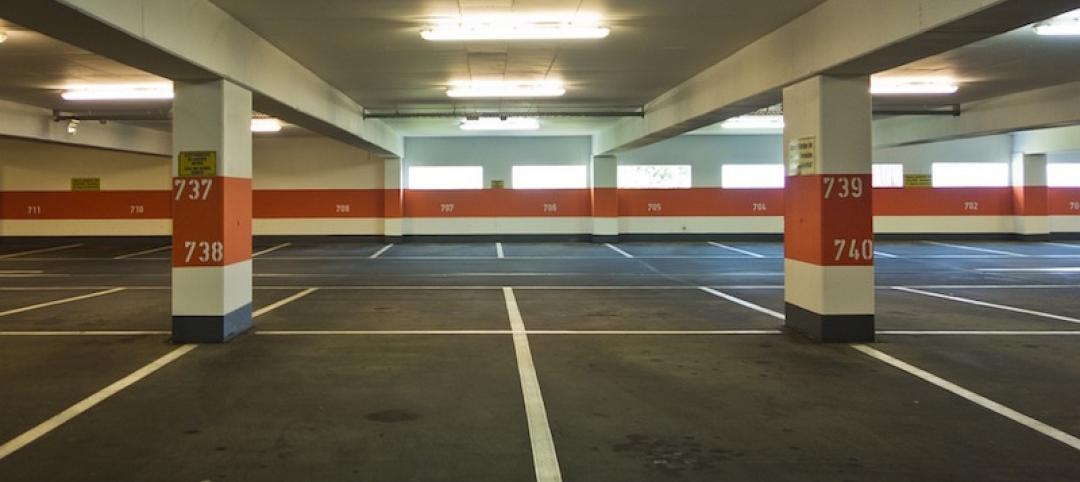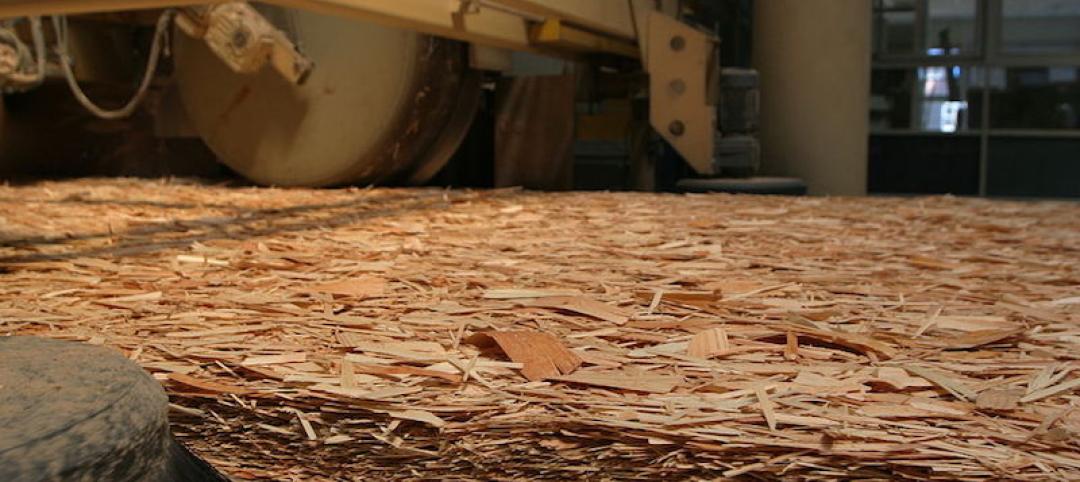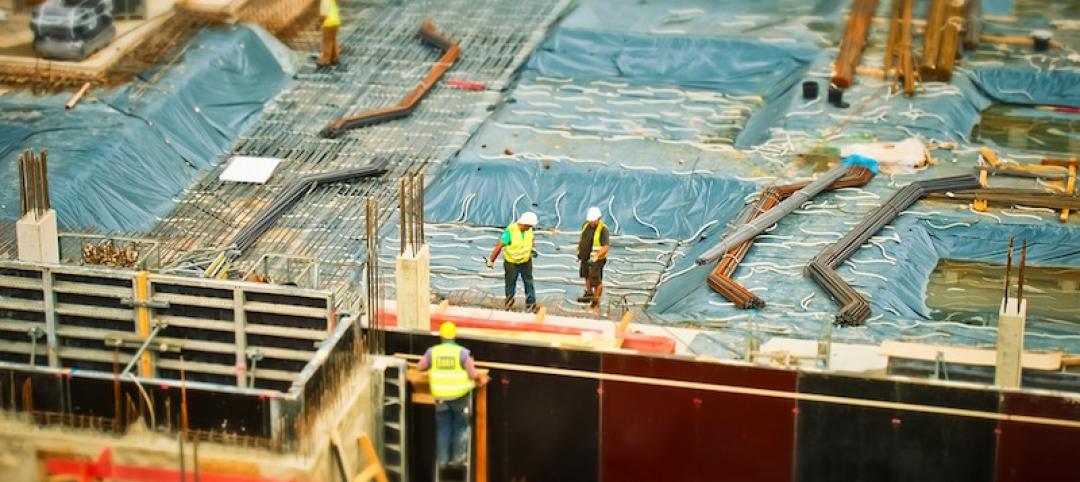Hurricane Ian struck the Southwest Florida coastline last fall with winds exceeding 150 mph, flooding cities, and devastating structures across the state.
A construction risk management expert writing for Multifamily Dive believes the projected economic damage, as high as $75 billion, will prompt the state to beef up building codes and reform land use rules. Changes may include higher elevations requirements, elevated living spaces, and mandates for concrete block framing.
Single-family and multifamily homes anchored on concrete piers may be designed with open garages to protect elevated living spaces. Building pad elevations are likely to rise.
Nearly 500,000 insurance claims have already been filed in the aftermath of Ian, with estimated losses of $4.5 billion, according to the Florida Office of Regulation. Thousands of residents are still waiting to rebuild destroyed homes.
Improved codes and regulations that yield more resilient structures will help ensure that the state will better withstand the impact of future mega-storms like Ian that are likely to strike the state again. Florida officials appear to be getting that message.
Related Stories
Standards | Aug 16, 2016
Standard for conducting, reporting energy audits open for review
A joint ASHRAE/ACCA proposal seeks comments from industry professionals.
Legislation | Aug 10, 2016
Calif. bill would speed up environmental lawsuits on certain projects
A nine-month limit has been proposed for some $100 million-plus projects.
Resiliency | Aug 10, 2016
White House pushes for better finance strategies for disaster mitigation and resilience
The move highlights innovative insurance, mortgage, tax, and finance-based strategies.
Regulations | Aug 9, 2016
New trend eases parking requirements for U.S. cities
Transit-oriented development and affordable housing are spurring the movement.
Regulations | Aug 8, 2016
EPA toughens rules to reduce formaldehyde exposure from composite wood products
Products will now have to be labeled as compliant to the new rules.
Regulations | Aug 5, 2016
Stop-work orders in New York City up sharply this year
The orders come after a rise in the number of deadly accidents that have occurred in the past few years.
Sustainability | Aug 4, 2016
S.F. Bay Area voters approve first-of-its-kind tax to fight impact of climate change
The funds from the tax will be used to restore wetlands
Concrete | Aug 2, 2016
Concrete Association builds case against cross-laminated timber
The campaign asserts that not enough is known about CLT in construction
Seismic Design | Jul 28, 2016
Risk of man-made earthquakes now factor in seismic hazard analysis
Significant risk increases seen in some areas of the U.S.
Resiliency | Jul 27, 2016
New York’s resilience plans not taking long-term view, critics charge
Continued waterfront development may be regretted later this century.















